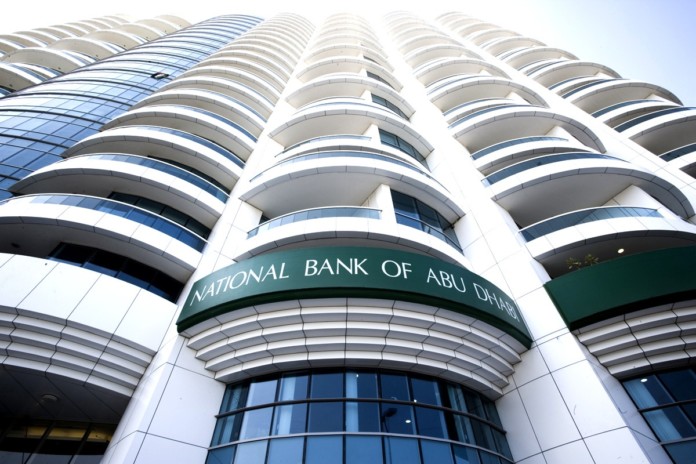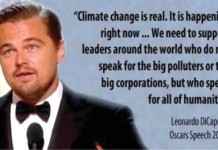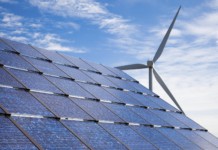
The National Bank of Abu Dhabi has made a US$10 billion, 10-year pledge to fi nance renewable energy and other sustainable business activities.
The bank said it would lend, invest and facilitate US$10 billion of financing in environmentally sustainable projects in the so-called West-East corridor, which stretches from Africa, through the Middle East to Asia. Last year the bank published a report with Cambridge University and consultancy PwC, ‘Financing the Future of Energy’, which identified a massive US$48 trillion funding gap over the next 20 years to meet global energy demand. Renewables accounts for over half of this figure, the report said.
“The world is heading towards a very significant funding gap for energy globally,” said the bank’s CEO, Alex Thursby. “This is particularly true across the West-East Corridor, the rapidly growing super-region that stretches from Africa through the Middle East to Asia – and filling it is going to be a big task. As the leading bank in the Middle East, we want to make a real contribution to the region’s ability to rise to the energy challenge.
“We believe that even in the current climate of low oil prices, the transition towards more renewable sources in the energy mix will continue because the underlying drivers are long-term and strong. It is for this reason that we have made this commitment of US$10bn today. Through our Sustainable Business team we hope to become a positive force in the banking sector in the region, accelerating the transition to a much needed new world of energy.” The bank recognizes that sustainable business is wider than just renewables and includes activities like clean transportation, sustainable water, waste management and energy efficient real estate.









